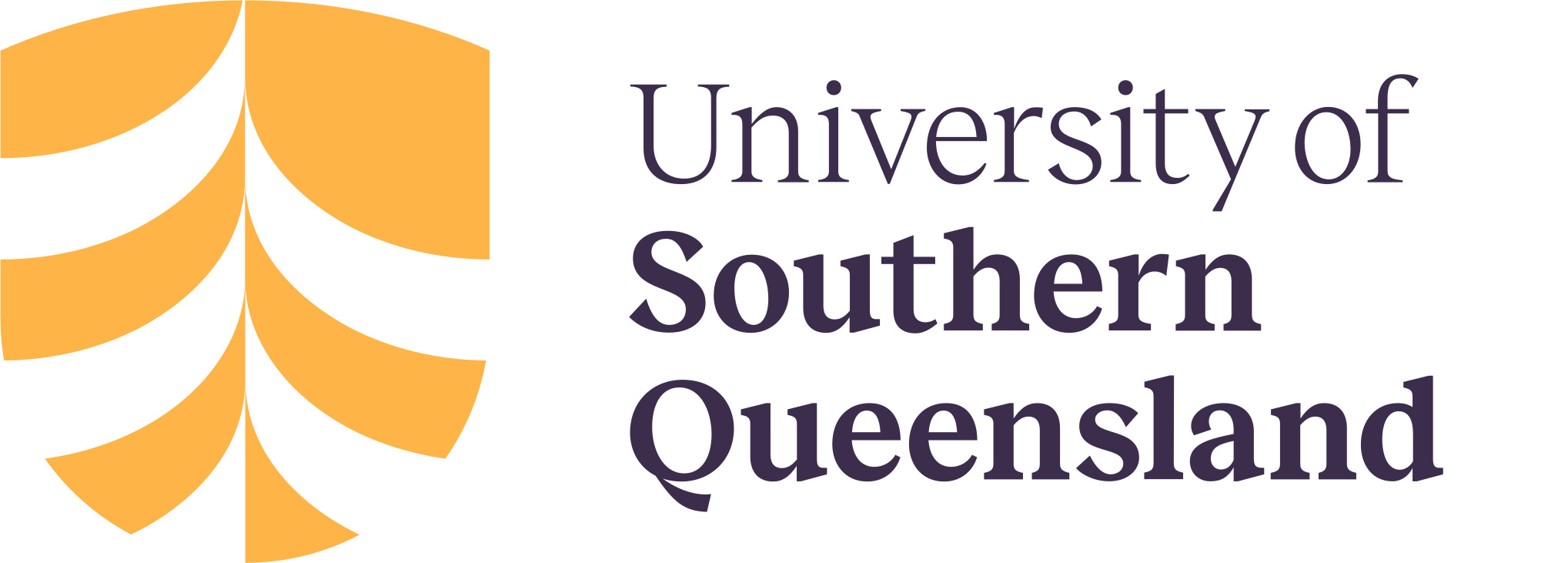Exploring Sciences: Your Gateway to Global Innovation
Embarking on a journey in the Sciences is like unlocking the secrets of the universe. From unraveling the mysteries of biology to harnessing the power of physics, studying Sciences abroad offers Indian students unparalleled opportunities to engage with cutting-edge research and world-class faculty. Whether you're passionate about environmental science, chemistry, or biotechnology, international education in Sciences equips you with the skills to tackle global challenges like climate change and pandemics. For Indian students, this path not only promises academic excellence but also fosters innovation in a rapidly evolving job market.
The Sciences encompass a broad spectrum of disciplines that drive technological advancements and sustainable solutions. Abroad, you'll have access to state-of-the-art labs, collaborative projects, and interdisciplinary programs that blend theory with practical application. Imagine conducting experiments in facilities funded by governments and corporations, or joining research teams that contribute to breakthroughs in renewable energy. This exposure is transformative, preparing you to become a leader in scientific discovery.
Why Study Sciences Abroad as an Indian Student?
India boasts a rich legacy in science and technology, with institutions like the Indian Institutes of Technology (IITs) producing global talents. However, studying Sciences abroad amplifies your potential by immersing you in diverse ecosystems. Here's why it's a smart choice:
- Advanced Research Facilities: Countries like the USA and UK invest billions in science infrastructure, offering tools and data that surpass many domestic setups.
- Global Networking: Collaborate with international peers and experts, building connections that open doors to multinational research opportunities.
- Holistic Skill Development: Programs emphasize critical thinking, problem-solving, and ethical science, skills highly valued by employers worldwide.
- Cultural and Personal Growth: Living abroad enhances adaptability and global awareness, essential for modern scientists.
- Higher Earning Potential: Graduates from top foreign universities often command premium salaries, with many returning to India to lead R&D in sectors like pharmaceuticals and IT.
For Indian students, the appeal is even stronger due to the growing demand for skilled scientists in India's booming economy. Abroad education bridges the gap between theoretical knowledge and real-world application, making you more competitive in fields like AI-driven biology or quantum computing.
Popular Disciplines in Sciences
The Sciences field is vast and interdisciplinary. Below, we highlight some of the most sought-after areas for study abroad, tailored to interests of Indian students who often excel in STEM due to strong foundational education.
| Discipline | Description | Key Career Paths | Top Universities Abroad |
|---|---|---|---|
| Biology & Life Sciences | Focuses on living organisms, genetics, and ecology. Ideal for those interested in healthcare and conservation. | Biotechnologist, Geneticist, Environmental Consultant | Harvard University (USA), University of Cambridge (UK) |
| Chemistry | Explores matter, reactions, and materials. Crucial for drug development and nanotechnology. | Chemical Engineer, Forensic Scientist, Materials Researcher | MIT (USA), ETH Zurich (Switzerland) |
| Physics | Studies energy, motion, and fundamental forces. Leads to innovations in electronics and space tech. | Physicist, Data Scientist, Aerospace Engineer | Caltech (USA), University of Oxford (UK) |
| Environmental Science | Addresses sustainability, climate, and resource management. Timely for global environmental crises. | Climate Analyst, Policy Advisor, Sustainability Manager | University of Melbourne (Australia), Imperial College London (UK) |
| Earth Sciences (Geology/Geophysics) | Examines Earth's structure, natural resources, and disasters. Vital for energy and mining industries. | Geologist, Seismologist, Hydrologist | Stanford University (USA), University of Tokyo (Japan) |
These disciplines often overlap; for instance, bioinformatics combines biology and computer science, a hotspot for Indian students given the IT boom. Undergraduate programs typically last 3-4 years, while master's and PhDs extend to 1-5 years, with many offering research theses for deeper specialization.
Top Destinations for Studying Sciences
Choosing the right country is key to maximizing your experience. Indian students favor destinations with strong science programs, English-medium instruction, and post-study work visas.
- United States: Home to Ivy League powerhouses like Harvard and Stanford. Offers vast funding for research; GRE/TOEFL required. Popular for its innovation hubs in Silicon Valley.
- United Kingdom: Universities like Oxford and Cambridge provide rigorous, research-intensive courses. One-year master's programs save time and cost. Post-Brexit, scholarships for international students are abundant.
- Canada: Institutions such as University of Toronto emphasize practical science. Favorable immigration policies allow work permits post-graduation, appealing for long-term stays.
- Australia: Universities like Melbourne and Sydney focus on environmental sciences, with strong ties to Asia-Pacific research. Warm climate and vibrant student life attract many Indians.
- Germany: Tuition-free public universities (e.g., Heidelberg) excel in physics and chemistry. Programs in English; DAAD scholarships support Indian applicants generously.
Each destination has unique perks—USA for prestige, Germany for affordability—ensuring you find a fit for your goals and budget.
Admission Requirements for Sciences Programs
Gaining admission requires preparation, but Indian students' strong academic backgrounds give them an edge. Typical requirements include:
- Academic Qualifications: Bachelor's for master's entry; 10+2 with science stream (Physics, Chemistry, Biology/Math) for undergrad. Minimum GPA of 3.0/4.0 or equivalent (around 70-80% in Indian boards).
- Standardized Tests: SAT/ACT for undergrad, GRE for grad programs. TOEFL/IELTS for English proficiency (scores: 90-100 for TOEFL, 6.5-7.0 for IELTS).
- Documents: Statement of Purpose (SOP) outlining your passion for sciences, Letters of Recommendation (LORs) from teachers, CV highlighting projects or internships.
- Portfolio/Experience: Lab reports, research papers, or extracurriculars in science clubs. For PhDs, prior publications boost chances.
- Deadlines: Apply 6-12 months in advance; fall intake (September) is most common.
Many universities offer conditional admissions if language scores are pending. Start early—consult education counselors for personalized guidance.
Scholarships and Funding Opportunities
Financing your dream shouldn't be a barrier. Indian students can access various aids:
- University-Specific: Merit-based scholarships like MIT's Graduate Fellowships or Oxford's Clarendon Fund, covering tuition and living costs.
- Government Schemes: India's National Overseas Scholarship for SC/ST students; Fulbright-Nehru for US studies.
- International Bodies: Erasmus Mundus (EU) for joint programs; Chevening (UK) for leadership potential.
- Private Funding: Inlaks Shivdasani Foundation supports Indian talents in sciences.
Average costs: $20,000-50,000 USD/year for tuition in the US/UK, lower in Germany/Australia. Part-time jobs and assistantships (teaching/research) can offset expenses.
Career Opportunities After Studying Sciences Abroad
A degree in Sciences from abroad catapults your career. Graduates enjoy versatile paths:
Industry Roles: Join pharma giants like Pfizer or tech firms like Google in R&D. In India, opportunities at Biocon or ISRO await returnees.
Academia and Research: Pursue PhDs leading to professorships or roles at CERN (Europe) or NASA (USA).
Emerging Fields: Sustainable energy, AI in healthcare, and space exploration are booming, with salaries starting at $60,000-100,000 USD annually abroad, and ₹10-20 lakhs in India.
Post-study work visas (e.g., OPT in US, 2-year PGWP in Canada) allow gaining experience before deciding to return or stay.
Tips for Indian Students Pursuing Sciences Abroad
Navigate your journey smoothly with these insights:
- Research Thoroughly: Use platforms like QS Rankings to select programs aligned with your interests.
- Prepare for Cultural Shock: Join Indian student associations for support; embrace local customs to enrich your experience.
- Visa Essentials: Secure F-1 (US) or Tier 4 (UK) visas; show proof of funds and ties to India.
- Stay Healthy: Access university health services; maintain work-life balance amid rigorous coursework.
- Leverage Alumni Networks: Connect via LinkedIn for mentorship and job leads.
Studying Sciences abroad is an investment in your future. With determination, you'll contribute to India's scientific renaissance while gaining a worldly perspective. Start exploring today—your breakthrough awaits!



